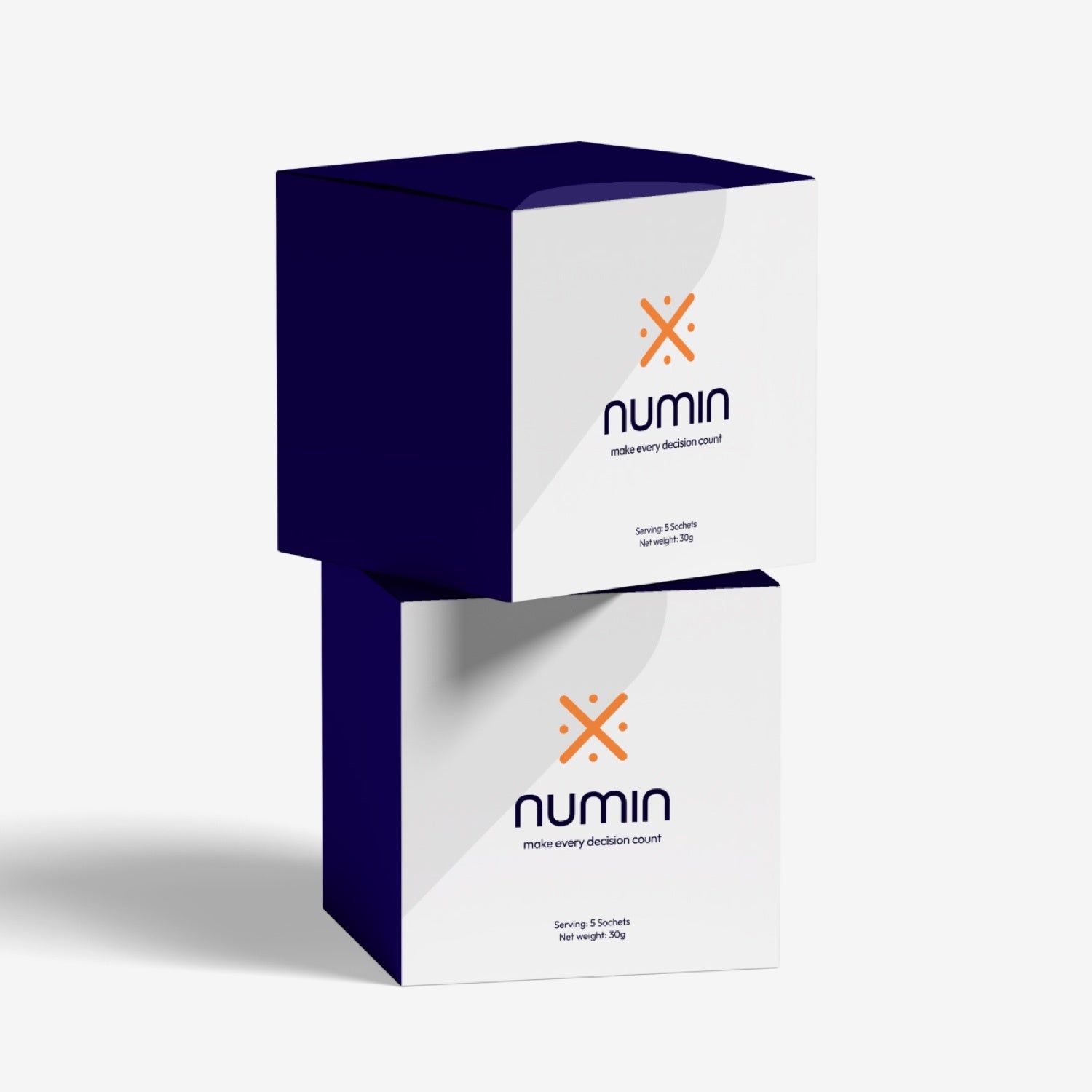2-minute read
3 PM hits and your brain feels like it's swimming through molasses. Your first instinct? Blame the caffeine crash from your morning coffee.
But caffeine withdrawal isn't causing your afternoon cognitive decline. The real culprit is a biological process that no amount of espresso can fix.
Why Caffeine Gets Blamed
Caffeine blocks adenosine receptors in your brain. Adenosine is a chemical that accumulates during wakefulness and makes you feel tired. When caffeine wears off, adenosine floods back in, creating that familiar "crash" feeling.
This explains why you feel sleepy, but it doesn't explain why your decision-making becomes terrible. Those are two completely different brain processes.
The Real Afternoon Problem
Your cognitive decline has nothing to do with alertness and everything to do with glutamate accumulation. Glutamate is your brain's primary excitatory neurotransmitter, responsible for activating neural circuits during all cognitive tasks.
Every decision you make requires glutamate to fire signals between neurons in your prefrontal cortex. But here's the critical issue: glutamate doesn't get cleared from synapses immediately after each decision.
By afternoon, you have hours of glutamate buildup creating what neuroscientists call "excitotoxic stress" in your decision-making centers.
How Glutamate Accumulation Works
Think of your synapses like busy intersections. Glutamate is the traffic flowing through them. Throughout the morning, as you make decisions about emails, meetings, lunch plans, and work priorities, glutamate keeps flowing.
Your brain has natural clearance mechanisms, but they can't keep up with the constant decision demands of modern life. The glutamate starts backing up, creating congestion that impairs cellular communication.
This congestion specifically affects your prefrontal cortex, the brain region responsible for executive functions like planning, decision-making, and impulse control.
Why Coffee Doesn't Help
Caffeine works on your brain's alertness systems, not your decision-making machinery. It can make you feel more awake while your cognitive performance continues declining.
This creates the frustrating experience of feeling simultaneously wired and mentally foggy. Your alertness is artificially elevated, but your prefrontal cortex is still congested with accumulated glutamate.
Energy drinks make this worse by adding stimulation without addressing the underlying cellular problem.
The Science-Based Solution
Understanding glutamate accumulation as the root cause changes how we approach afternoon cognitive decline. Instead of masking symptoms with stimulants, neuroscientists focus on supporting the brain's natural glutamate clearance processes.
Recent research has identified specific compounds that can help optimize these clearance pathways, maintaining decision quality throughout the day without the side effects of stimulants.
See the ingredient list that directly combats decision fatigue














